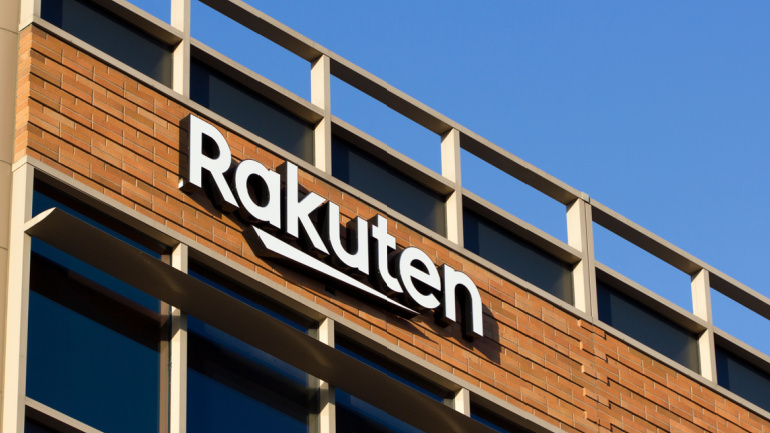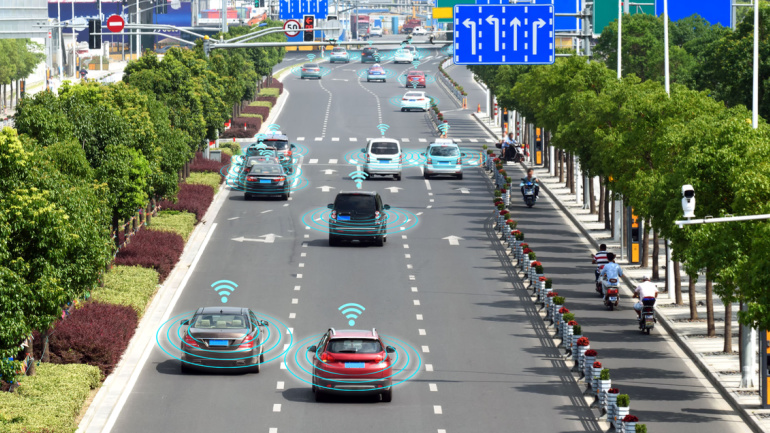Strengthened by two pivotal elements, technical prowess and spectrum liberalization advancements, 5G cellular technology emerges as a game-changer. Its reliable performance makes it a preferred choice, enriching private 5G networks globally; a feat powered by QCT and its OmniPOD solution. In the telecommunications horizon stands ‘Network X’, a groundbreaking initiative merging wireline and cloud under the 5G umbrella. Slated for October 2023 in Paris, it aims to propel progress in product innovation and network modernization. Indeed, the 5G revolution is unmissable for businesses and individuals alike, with platforms like Network X offering invaluable insights.
Nvidia aims to convince telecoms to use its GPUs in 5G networks, citing NTT Docomo’s recent GPU-accelerated 5G launch in Japan. Yet, the role of Nvidia’s GPUs in telecom remains unclear. Meanwhile, the FCC breaks a two-year deadlock, reigniting net neutrality debates. Telefonica Germany partners with Skylo for global IoT connectivity, expanding options for businesses and consumers. Nokia explores rugged 5G devices for harsh environments, catering to specialized industries with challenging conditions.
BT pushes forward with their ambitious plan to replace ageing Public Switched Telephone Network with IP-powered Digital Voice service, predicting a full national transition by 2025. This phased rollout highlights an industry-wide shift toward modern, energy-efficient, and highly reliable communication solutions. However, with earlier power outages prompting questions around adequate support during emergencies, the telecoms giant is treading carefully. As we brace for a digital era, join us at Connected North 2024 to delve deeper into what this change signifies for UK consumers.
Intelsat’s recent partnership with Telespazio paints a promising image of the future of global network operations. With the inclusion of Telespazio’s premier teleport facility, Fucino space centre, into Intelsat’s network, seamless European connectivity is underway. Moreover, the alliance caters to the growing global demand for managed satellite services, elevating the standard for high-profile sectors, while improving geospatial communication. This precise move highlights the tremendous potential of combining flexible solutions for global positioning.
Deutsche Telekom and Google venture into tablet manufacturing, pinning their hopes on the affordable “T Tablet”. Designed for digital learning, this device blends advanced hardware, potent software, and network capabilities. Aiming at a wider 5G access, it also targets narrowing the digital divide. The tablet’s debut could spark new conversations about digitization in the education sector and beyond.
UK’s Voxnube and Silicon Valley’s Altigen partner to offer comprehensive Microsoft Teams solutions, while Verizon raises rates on 2018 unlimited plans. Samsung introduces One UI 6 Beta for Galaxy S23 Series, featuring improved user-friendliness. MarCloud Consulting joins forces with Sinch for enhanced global marketing growth.
As Rakuten Symphony’s CEO, Tareq Amin, unexpectedly departs, it heightens the mystery around the company’s subdued performance this year. Despite a promising start and securing a deal with Germany’s greenfield mobile operator 1&1, Symphony’s momentum appears to have plateaued. Yet a recent MoU with Veon to explore Open RAN solutions offers a beacon of hope. Amidst tricky market conditions and scarce major RAN deals, all eyes are now on acting president Sharad Sriwastawa to breathe new life into Symphony.
Deutsche Telekom and MIRA dive into an ambitious project crafting the ‘shuttle service of the future’ in Bonn, using the premise of teleoperation or remote driving. Facilitated by speedy 5G data transmission, this experiment highlights the necessity of ‘network slicing’ and ‘quality on demand’ for autonomous vehicles. Yet, governmental restrictions on remote-controlled travel present a hurdle. Despite the challenges, both firms remain hopeful, envisioning a driver-free automobile future.
In a strategic move, 1&1 penetrates the German 5G market through a new agreement with Vodafone, leaving Telefonica potentially at a loss. Details of the agreement, such as leveraging on Vodafone’s robust 5G, 2G, and 4G networks, and potential future technologies, raise various possibilities for 1&1’s continued growth.
Vodafone’s first quarter saw a slightly stable 3.7% growth in service revenue, boosted by outcomes in the UK, Italy, and Germany, despite the pandemic-triggered disconnections. On the contrary, Germany experienced a 1.3% dip in service revenue, which however marks an improvement from the earlier quarter’s 2.8% decline, hinting at progress. The recovery was thanks to a strategic increase in broadband prices. In Italy, the revenue plunge decelerated from 2.7% in the fourth quarter to 1.6%, thanks to mobile prepaid base stabilization and noteworthy expansion in corporate fixed-line operations.













